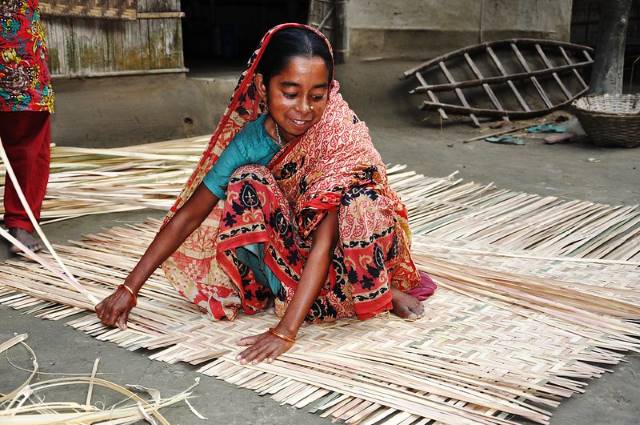The State of Mental Health in Bangladesh

Out of the entire Bangladeshi population, 4% of people suffer from depression. This statistic trails just around 2% behind the world’s most depressed country, Ukraine, with 6.3% of its population suffering from depression. The government, with the assistance of organizations, is taking positive action to address mental health in Bangladesh.
Mental Health in Bangladesh
In Bangladesh, there are only 270 psychiatrists and roughly 500 psychologists serving a population of more than 166 million. This equates to 216,000 people per specialist. Most mental health professionals are located in urban areas so people in rural areas have limited access to mental health services. Furthermore, the country’s one government-run mental hospital has only 500 beds. Mental health also has limited funding. Only 0.44% of the government health budget is allocated to the mental health sector.
Mental Health Stressors
Foreign and domestic stressors can contribute to the decline of mental health. For example, recurring natural disasters, the current refugee crisis and overpopulation all affect the mental states of the Bangladeshi population. The country faces recurring floods, tornados and cyclones. A 1996 infamous tornado left 66.6% of its victims psychologically traumatized and in need of emergency psychological assistance. This statistic illustrates the severe psychological effects of natural disasters and the need for more mental health resources.
Since 2007, Bangladesh has taken in nearly 1 million refugees from Myanmar following a military crackdown on Rohingya citizens. This upsurge in population weakened the country’s already limited capacity to respond to both regional disasters and mental health crises. Many of these refugees experienced acute stress and post-traumatic stress disorder, requiring immediate health assistance. This spur in overpopulation certainly strains resources, exacerbating mental health even further.
Mental Health Stigma in Bangladesh
An estimated 10,000 Bangladeshi people die by suicide annually. However, households and the greater public are reluctant to speak out about mental health problems in fear of societal judgment. Mental health stigma is common throughout Bangladesh and there are many superstitions surrounding mental health conditions. Some believe that evil spirits cause mental health issues.
Others often ostracize people suffering from mental health conditions, leading others to hide their mental struggles and suffer in silence without help. Some people turn to traditional healers for cures. These traditional practices sometimes amount to human rights abuses and may have fatal repercussions. Traditional healers are more prevalent in the countryside where a trained mental health specialist is hard to come by. In rural areas, “village doctors with no formal training provide 65% of healthcare.”
The Good News
Bangladesh passed a new Mental Health Act in 2018, replacing a 105-year-old piece of legislation. The act aims to protect the property rights of those suffering from mental illness and includes provisions for mental health services. However, the act does not address the issue of low mental health funding, which plays an important role in increasing mental health resources. While the act faces some criticism, increased attention on mental health through legislative action is an accomplishment nonetheless.
Bangladesh finalized its National Mental Health Strategic Plan in 2020 and started implementation. In support of this plan, the WHO Special Initiative for Mental Health provides assistance to the Ministry of Health in Bangladesh to ensure the effective implementation of the strategy.
Bangladesh is taking concrete action to address mental health in the country. With commitment and support, mental health in Bangladesh can improve.
– Caroline Bersch
Photo: Flickr
